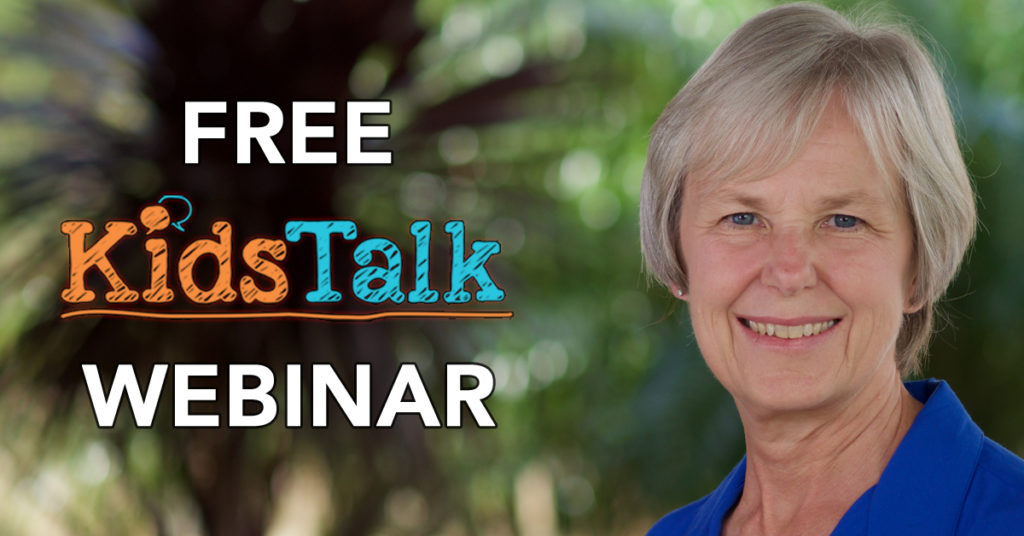
In our efforts to help our children and ourselves become better, we need to avoid the pat answer trap. We may get tired of answering our children’s questions, but we need to guard against dampening natural enthusiasm and curiosity for life.
Asking questions, especially why, leads us to grow—intellectually, physically, socially and emotionally.
Asking questions can lead others to examine their own beliefs, goals, objectives, and more. Our listening for understanding by asking questions helps others define and solve problems independently. Peter Drucker, perhaps the greatest management expert of the last century said, “My greatest strength as a consultant is to be ignorant and ask a few questions.”
Being curious and coming to a situation with a fresh set of questions—coming with a beginner’s mind—offers opportunities to see a different way of doing things. In short, it offers us opportunities for growth and learning.
Curiosity is contagious.
You can get it from other people. Boredom is also contagious. But the cure for boredom is curiosity. And some say there is no cure for curiosity! The alternative, boredom, though, is not where we want to be if we are serious about growing and learning in positive ways.
Since curiosity is contagious, being around people who ask a lot of questions helps keep the spirit of inquiry and discourse alive. When we are around curious questioning people, ideas burst like popcorn kernels—tiny treats that delight.
When we have idea treats popping around us, we have the perfect set of circumstances to learn something new everyday, feeding our personal growth and potential. Asking questions and learning something new helps us stretch our potential constantly.
Learning, though, is not always about success.
We learn more from our failures than we do from our triumphs. Mistakes are at the leading edge of new learning and discovery. It is best that we be friendly with error and welcome it by asking the question, “What can I learn from this?”
Our need to be right is something we should consider giving up.
Our children are perhaps our best teachers for this idea. Our children “play” with ideas with no predicted or needed outcome in sight. Play feeds curiosity. Our egos get in the way of looking at the ordinary and routine as something to play with. Our need to be right, best, first and on and on, keeps us from asking the questions that are so vital for personal growth.
The curious mind has an idea and asks, “How can I make that happen?” Obstacles of time, money, skills and knowledge are navigated with this important question to bring an idea to life.
Loving life keeps us curious and growing. When we love what we do and do what we love, our tremendous human potential is released.
Yes, indeed. Life is mysterious. To learn and grow, be curious.

